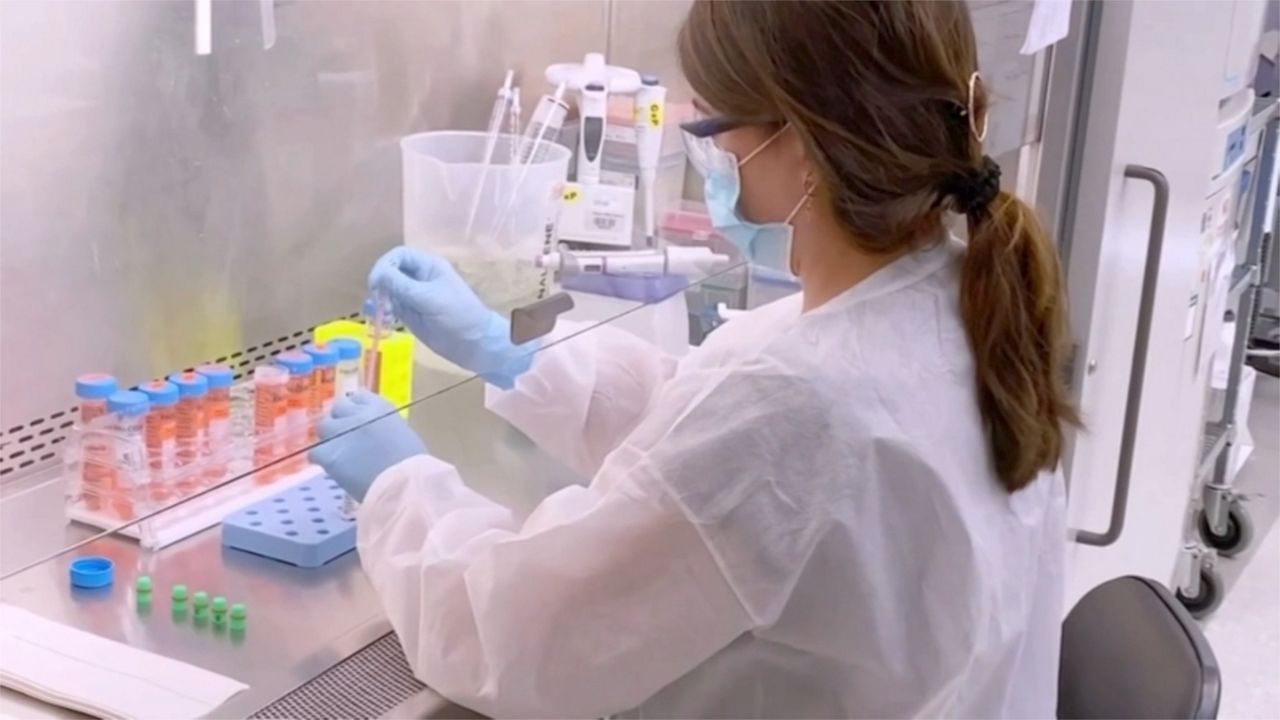Pzifer’s COVID-19 vaccine could be rolled out by the end of the week, ahead of the holidays, but not every American is sold on it.
What You Need To Know
- Inaccurate content about vaccine being flagged by social media sites
- USF professor recommends trusted sites like CDC, legitimate news sources
- SEE ALSO: White House COVID-19 Report to Florida Issues Urgent Warnings to Combat Virus
- More Coronavirus headlines
And misinformation spreading online could turn even more people against the vaccine, so now social media sites are working to prevent inaccurate content from being posted.
Social media sites started placing warning labels on content identified as “false information,” but a professor from the University of South Florida said it’s a big task to take on, and ultimately, it’s up to you to separate facts from fiction.
“Social media platforms are taking steps to combat misinformation on their sites, but they're really not doing enough. It's really hard to keep up with the onslaught of misinformation that's being posted everyday by millions of people on these platforms,” said Kelli Burns, an Associate Professor at the Zimmerman School of Advertising and Communication at the University of South Florida.
Social media sites are a particular concern because about two years ago, public health experts blamed the sites for contributing to a measles outbreak by allowing false claims about the risks of the vaccines to spread, and now they have the same concerns with the coronavirus vaccine.
Burns said people tend to trust people they know, and if someone they know posts an article with misinformation, they’re more likely to not only believe it, but share it.
“My best recommendation is to go to trusted sites, like the CDC, or the World Health Organization, and read the information that they have there," he said. "If they see their friends posting information, it's always a good idea for them to do a Google search for themselves and see if they can find articles from legitimate news sources that say the same thing."
As of right now, the majority of social media sites said they’ll remove content that’s false, working with fact checkers, and going off what officials with the World Health Organization say about the vaccine.
